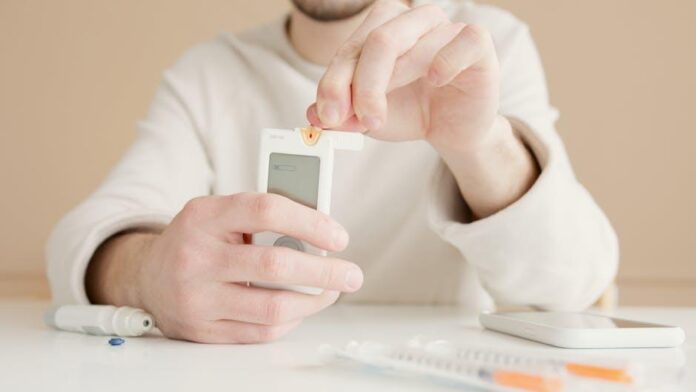
High blood sugar in the morning, also known as dawn phenomenon or dawn effect, is a common occurrence for many people. This phenomenon occurs when the body releases hormones that trigger the liver to release glucose into the bloodstream, causing blood sugar levels to rise after fasting overnight. Understanding why people experience high blood sugar in the morning is crucial for managing and preventing this issue. In this article, we will delve into the reasons behind this phenomenon and discuss ways to address it.
One of the main reasons for high blood sugar in the morning is the natural release of hormones such as cortisol, glucagon, and adrenaline. These hormones play a crucial role in regulating blood sugar levels by signaling the liver to release stored glucose to provide energy for the body while fasting overnight. This process is essential to maintain optimal blood sugar levels and prevent hypoglycemia during sleep. However, in some individuals, this hormonal response can lead to excessive glucose production, resulting in elevated blood sugar in the morning.
Another factor that can contribute to high blood sugar in the morning is the phenomenon known as the Somogyi effect. This occurs when blood sugar levels drop too low during the night, triggering a counter-regulatory response that causes the liver to release more glucose into the bloodstream to raise blood sugar levels. This rebound effect can result in high blood sugar in the morning, even when fasting glucose levels were normal before bedtime. The Somogyi effect is more common in individuals who are on insulin therapy or have poorly controlled diabetes.
Furthermore, lifestyle factors such as diet, exercise, and sleep patterns can also influence blood sugar levels in the morning. Consuming high-carbohydrate meals before bedtime can lead to elevated blood sugar levels upon waking, as the body metabolizes these carbohydrates during the night. Additionally, lack of physical activity can impair insulin sensitivity and glucose metabolism, contributing to higher blood sugar levels in the morning. Poor sleep quality and inadequate sleep duration can disrupt hormonal balance and lead to insulin resistance, further exacerbating high blood sugar levels.
Managing high blood sugar in the morning requires a multifaceted approach that addresses the underlying causes of this issue. The first step is to monitor blood sugar levels regularly, especially upon waking, to identify patterns and trends. Keeping a food diary and tracking carbohydrate intake can help pinpoint foods that may be causing spikes in blood sugar in the morning. It is also essential to maintain a healthy diet rich in fiber, protein, and healthy fats to stabilize blood sugar levels throughout the day.
Regular physical activity is crucial for improving insulin sensitivity and glucose metabolism, which can help prevent high blood sugar in the morning. Engaging in aerobic exercise such as brisk walking, jogging, or cycling can lower blood sugar levels and reduce the risk of insulin resistance. Strength training exercises such as weightlifting or resistance bands can also improve muscle mass and glycemic control, leading to better blood sugar management.
In addition to diet and exercise, stress management techniques such as meditation, deep breathing, and yoga can help reduce cortisol levels and promote relaxation, preventing hormonal imbalances that can contribute to high blood sugar in the morning. Adequate sleep is also essential for maintaining optimal blood sugar levels, as sleep deprivation can disrupt circadian rhythms and impair glucose metabolism. Establishing a consistent sleep schedule, creating a relaxing bedtime routine, and avoiding stimulants such as caffeine and electronics before bed can help improve sleep quality and regulate blood sugar levels.
For individuals with diabetes or insulin resistance, medical intervention may be necessary to manage high blood sugar in the morning. Consultation with a healthcare provider to adjust medication dosages, insulin therapy, or treatment plans can help optimize blood sugar control and prevent complications. Continuous glucose monitoring devices can also provide real-time data on blood sugar levels and trends, allowing for timely adjustments in diet, exercise, or medication.
In conclusion, high blood sugar in the morning is a common issue that can be caused by hormonal fluctuations, the Somogyi effect, lifestyle factors, and underlying health conditions such as diabetes. Understanding the reasons behind this phenomenon and implementing strategies to address it is crucial for maintaining optimal blood sugar control and preventing complications. By monitoring blood sugar levels, adopting a healthy diet and exercise routine, managing stress, improving sleep quality, and seeking medical advice when needed, individuals can effectively manage high blood sugar in the morning and improve their overall health and well-being.












